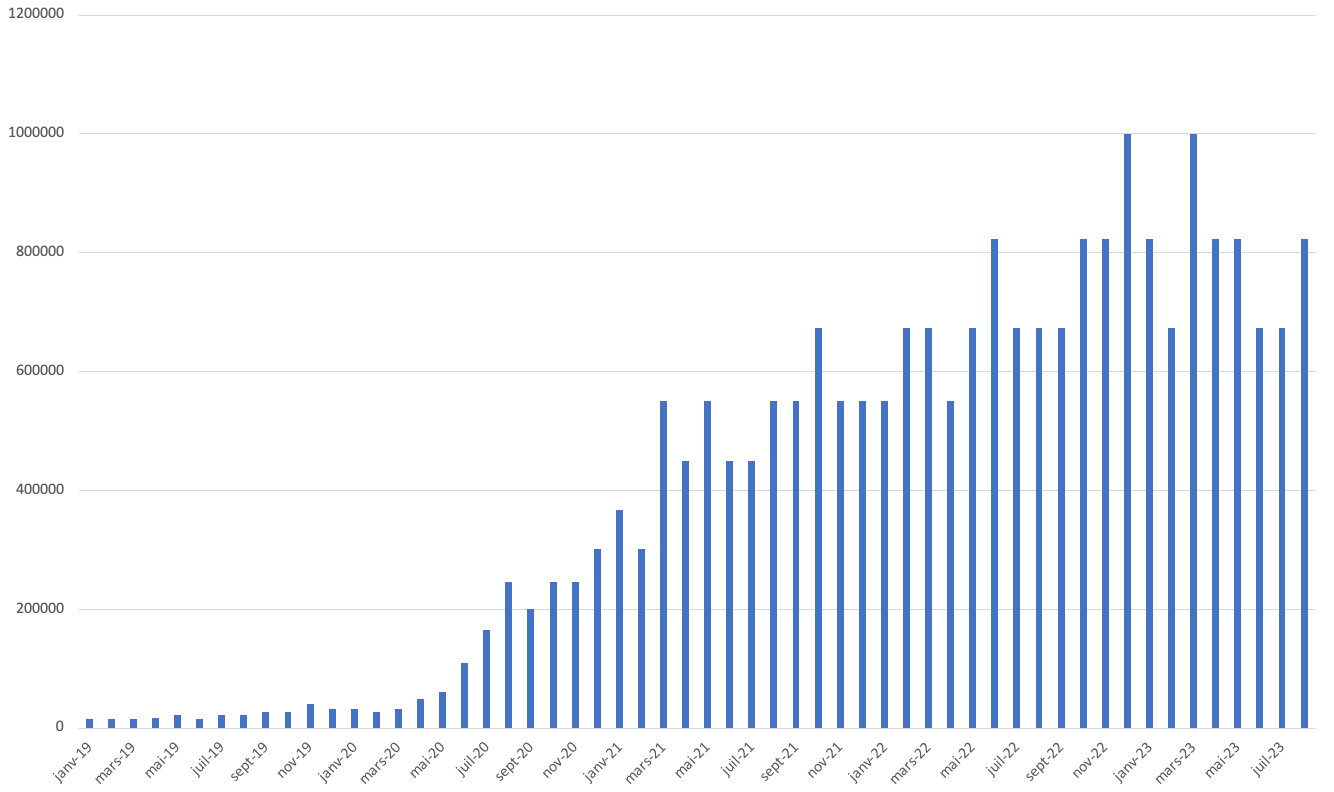
Urban Dictionary is a go-to resource for emerging slang, internet memes, and the cultural lexicon of our times. As one of USA's most frequented websites, amassing hundreds of millions of views monthly, the sheer volume of daily entries on Urban Dictionary can be overwhelming to navigate. Their solution? A daily newsletter highlighting community-favored terms.
Recently, the term "Disorder Salad" came into the spotlight…
The term "neurodivergent" stood out to me in this excerpt. Introduced in 1997 by sociologist Judy Singer—who identifies as spanning three generations of women "somewhere on the Autistic Spectrum"—the "neurodiversity" concept classifies people as "neurotypicals", with standard brain function, or "neurodivergents", with atypical functions like autism or ADHD. Notably, a 2020 study estimated that 15 to 20% of the global population is neurodivergent.
Once, the label "neurodivergent" was met with stigma. Yet, perceptions are shifting today, in part due to influential figures like Greta Thunberg and Elon Musk—who identified himself as having Asperger's. In a world where uniformity often prevails, cherishing individuality and difference has become more vital than ever. But with this change comes a new concern: are some falsely claiming neurodivergence just to stand out?
The surge in interest around the topic is palpable. For instance, the term “neurodivergent” was almost a blip in Google searches prior to 2020, but by 2023, it skyrocketed to nearly 800,000 monthly queries, peaking at one million on several occasions.
Over on TikTok, the hashtag #neurodivergent has attracted a whopping 10.9 billion views.
As the topic of neurodivergence becomes increasingly bankable, it's no surprise to see a surge in related products and services. For instance, take 'ADHD chairs,' which are designed to encourage active sitting for individuals with attention-deficit/hyperactivity disorder. Not only are they generating buzz on platforms like TikTok, but they're also gaining prominence across the broader internet, standing tall alongside fidget toys and other tactile tools.
There's also a noticeable uptick in apps for those with ADHD who opt against psychostimulants. Some of these apps have garnered substantial investments, a trend highlighted by TechCrunch.

Furthermore, the rise of start-ups like Rare Birds, which offers tailored clothing; Tiimo, with its visual daily planning tool; and Mentra, supported by Sam Altman, underscores that this movement is anything but peripheral.
The rising tide of content and initiatives surrounding these topics mirrors modern societal concerns—FOBO, anyone? While the proliferation of such ventures indicates an increased mental health awareness and a genuine dedication to inclusion, there's a concern. Overusing the term might overshadow the genuine challenges faced by those truly neurodivergent.
However, the fact that so many individuals, rightly or wrongly, identify with this terminology is no mere coincidence. Upon reflection, the “disorder salad” emerges as a metaphor for our times: a whirlpool of truths, half-truths, and counterfeits that reveals an underlying desire in everyone to find their place – and meaning – amidst the surrounding chaos.
MD






